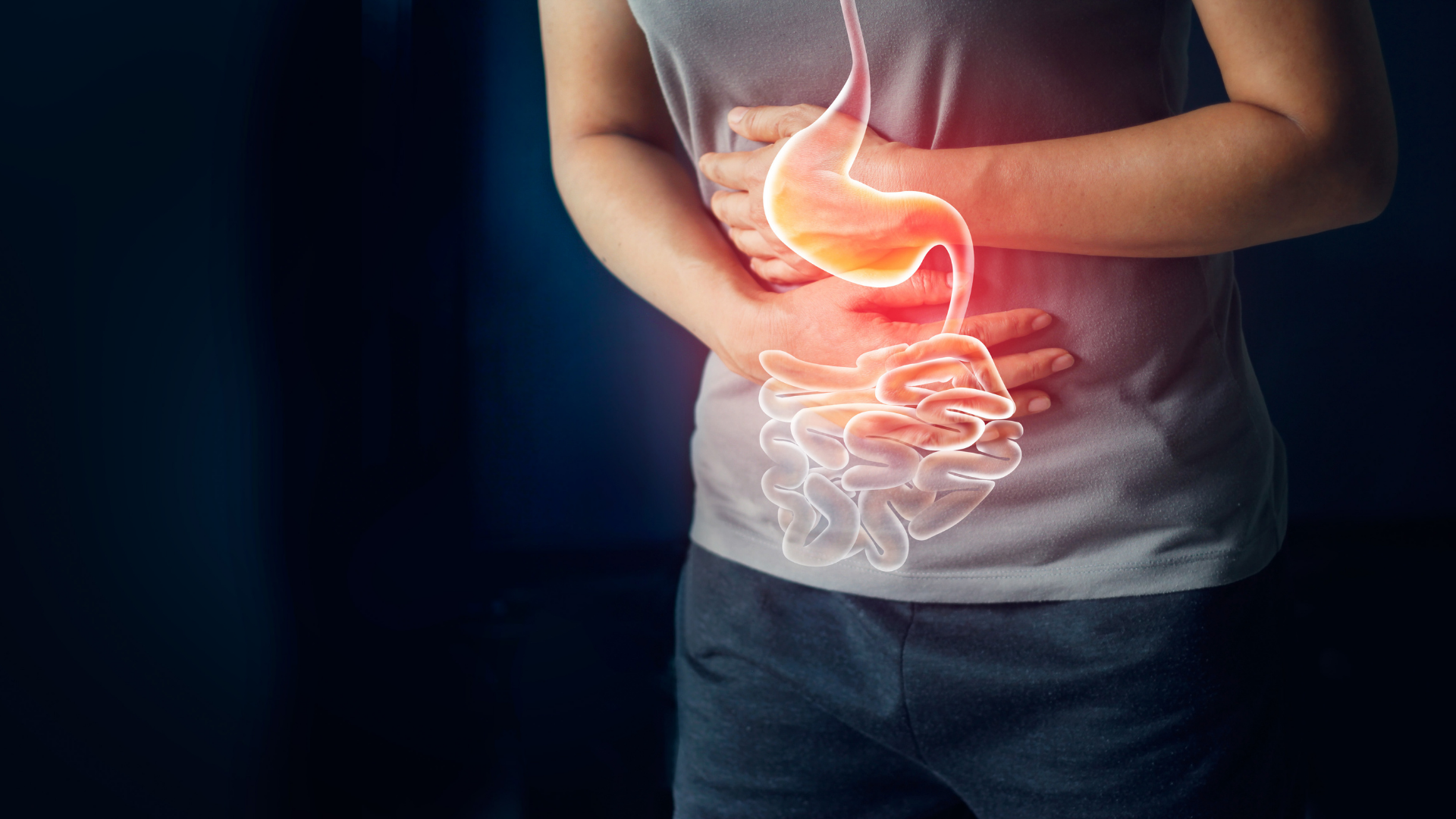Health problems concerning the digestive system have increasingly taken hold in our lives. Stress, abuse of food and alcohol, and food sensitivities are major contributors to poor gut health. Even more alarmingly, digestive health problems can be correlated to a number of seemingly unconnected health issues such as acne, eczema, severe allergies, mood disorders, irritable bowel syndrome (IBS), and fatigue… and can even be a cause for stomach ulcers and cancer. Due to its importance in your overall health, it is absolutely essential to properly care for your gastrointestinal (GI) tract and practice a healthier lifestyle. To improve your gastrointestinal health without any need for invasive medical procedures, check out these 8 health tips that will help restore your digestive health.
1. Identify Sensitivities and Bad Habits
Our gut contains of trillions of bacterial units that help us process food and drink. Unfortunately, certain foods and drinks may damage this delicate system. If you are finding yourself sensitive to certain kinds of foods—for example, if you experience abdominal pain after you consume a certain food item—this could indicate an allergic reaction. Or, you may notice that certain activities or events throughout your day trigger you to eat or drink in unhealthy ways. Identifying these patterns and understanding what works and does not work for your system can help you address and change habits that affect your gut health.
2. Use of Probiotics
Probiotics are living microorganisms that develop as a colony-forming unit after entering the digestive system. These microorganisms are considered the “good bacteria” and introducing them to your system can be an effective way to restore the gut biome. Having a healthy gut
biome will further reduce the risks of disorders relating to the digestive tract. To increase your intake of probiotics, you can take a daily probiotic supplement. Additionally, healthy probiotic bacteria can be found in foods such as yogurts, cheese, kombucha, sauerkraut, kimchi and soybeans.
3. Adding Vegetables And Fruits To Your Diet
While the health benefits of eating a diet heavy in fruits and vegetables may seem obvious, it is surprising to learn that Canadians’ consumption of fruits and vegetables has in fact decreased in recent years. Adding fruits and vegetables to your diet can significantly reduce your fat and carbohydrate intake, helping to rebalance your gut while reducing risks of heart disease and diabetes. If you are unused to eating large amounts of fruits and vegetables, you may want to start slow, allowing your body to adjust. Many common vegetables such as spinach, carrots, broccoli, peas and tomatoes are easy to find and prepare, and can increase your vitamin and folic acid intake, improving your overall health.
4. Importance of Fiber
Adding more fiber to your diet helps eliminate stomach discomfort such as constipation and abdominal cramps. Soluble and insoluble fibers work to bulk up and draw water to your stools which prevents any blockages in the intestines. Chia seeds, avocados, foods made from whole wheat, beans, apples, and oatmeal are all excellent sources of fiber that offer an easy solution to blockages.
5. Herbs Can Help
Sometimes the stomach lining or intestines can become inflamed or blocked. This causes a number of uncomfortable symptoms such as heartburn, gastritis, indigestion and chest pains. Taking natural herbal supplements such as ginger, lemon, thyme, honey, basil, oregano, turmeric and gingko can help to decrease inflammation, soothe nerves, and ease symptoms. These herbs can be added as a topping to any type of dish, not only improving your gut health, but providing you with a flavourful meal!
6. Regular Exercise
Often, GI symptoms such as constipation, diarrhea, and acid reflux are due to the body’s lack of movement. Not only can a simple exercise such as walking 30 minutes per day boost your mental wellbeing, it can also significantly aid the gastrointestinal processes required to properly digest food. The next time you are feeling bloated or constipated, get on your feet and move around. Even short bouts of exercise can get your GI tract back in shape.
7. Healthy Eating Schedule
While occasional nighttime snack cravings are a normal occurrence, prolonged binge-eating, especially late at night, can have detrimental effects on both your gut and mental health. Acid reflux, heartburn, indigestion and nightmares are common when eating excessively late at night. Following a strict, healthy eating schedule which avoids late night snacking will allow your digestive system to process the waste in your body the right way.
8. Consulting Your Local Naturopathic Doctor
While most digestive health disorders are mild and can be fixed on their own with these tips, some are more serious or can become a nuisance in our daily lives. If you are suffering from abdominal distress, heartburn, cramps, constipation or diarrhea on a daily basis, it is recommended to contact your local naturopathic doctor.
Dr. Cecilia Ho’s Digestion Restoration Program offers a non-invasive, non-toxic way to treat, heal and restore the digestive tract to get rid of uncomfortable stomach distress. The program works by identifying food sensitivities, removing the offending food, replacing and repairing the stomach acid levels, re-establishing the bacteria balances in the gut biome and regenerating proper GI function.
Naturopathic Medicine recognizes that everyone is an individual and that we are all biochemically unique. Our health programs are customized to your individual needs. If you live in the Pickering area and are looking for natural treatments to improve your digestive health, Dr. Cecilia Ho at The Aim Clinic can help you! Contact us at 905-492-8688 or click here to book an appointment.
Take charge of your health! Take the natural path to healing!









